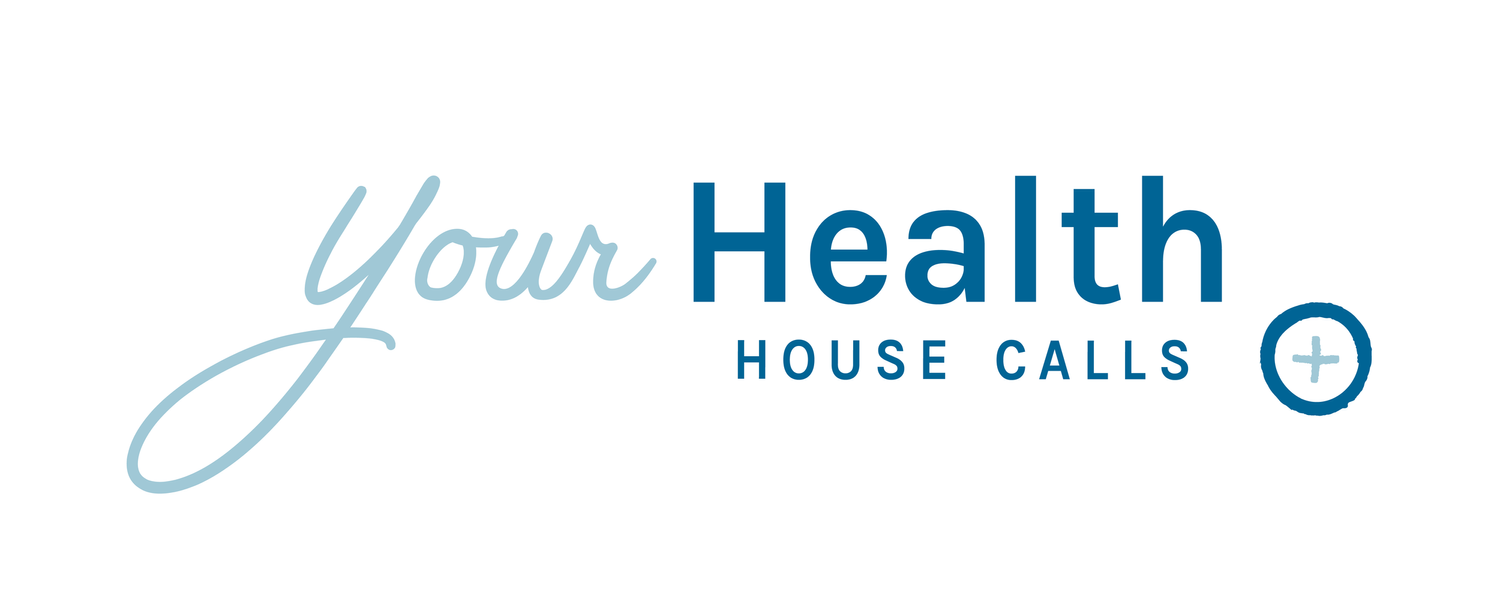Keeping your Cool when the Heat is on
The South Carolina summer is upon us, and we have already experienced several days in June where the temperature has hit triple digits. Tornadoes, hurricanes, and floods get a lot of media attention as significant destructive weather, but excessive heat causes more yearly fatalities than any other type of weather. According to the Centers for Disease Control and Prevention (CDC), between 2004-2018, there was an average of 702 heat-related deaths each year in the United States: a greater number than all other weather events.
Recognizing and staying alert to the signs of heat exhaustion, headache, dizziness, excessive sweating, cramps in the arms and legs, fast breathing, high body temperature, and chronic thirst is essential. The American Red Cross recommends these ten safety precautions for staying safe during a heat wave.
1. Never leave children or pets unattended in a vehicle.
2. Stay hydrated; avoid drinks with caffeine or alcohol.
3. Check on neighbors or family who do not have air conditioning.
4. Seek public places like libraries or shopping malls during the hottest part of the day if you are without air conditioning.
5. Avoid extreme temperature changes.
6. Wear lightweight, light-colored clothing.
7. Slow down, stay indoors and avoid strenuous activity during the hottest part of the day.
8. Postpone outdoor activities when there are heat advisories.
9. Take frequent breaks and use the buddy system if you are working outside.
10. Check on pets, and make sure they have plenty to drink and access to shade.
SC House Calls & GA House Calls is a network of over 250 medical professionals providing In-home medical house calls and Telehealth visits to Private Residences, Assisted Living Communities, and Skilled Nursing Facilities. SC House Calls serves all 46 Counties of South Carolina. New patient registration, appointments, and 24-7 access to medical professionals are available through its Center for Telehealth @ 800-491-0909
Resources/References

